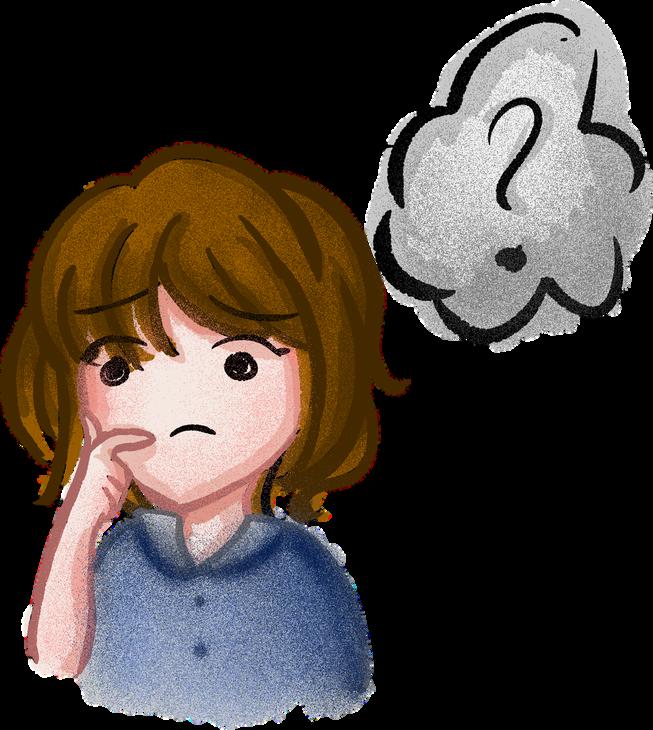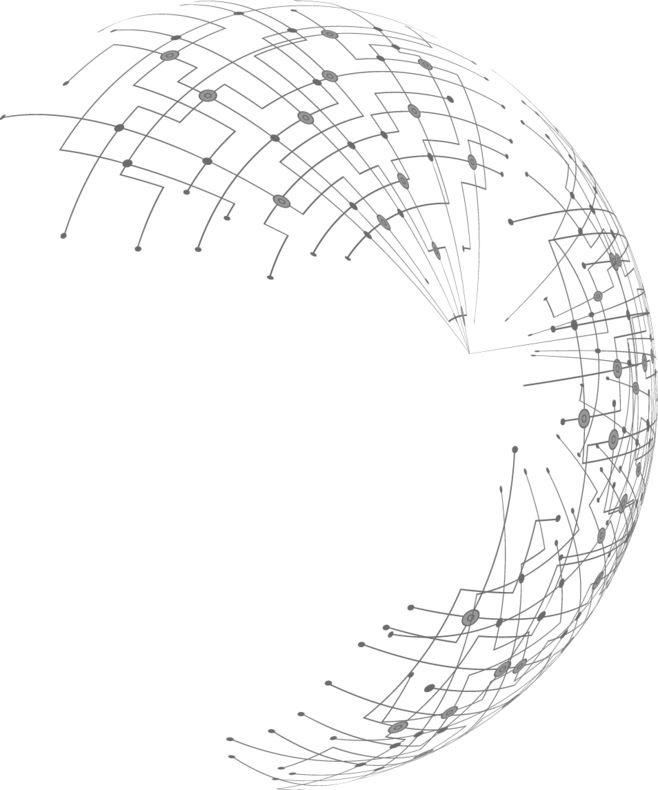
2 minute read
THE PROGRESSIVE DISSENT
Long before the time, when industrialization penetrated deep within the core of the national building to become closely embedded in daily life, it faced ire. Ire from the world of art
Why is it so significant? Of a time when H.G. Wells was busy building a road map for a possible future, and the cosmos had already become the talk of the town, much against the Church, which, when sensed threat from Galileo, chose to make him blinded for life, the soaring industries had started the mindless exploitation of the population looking for even meager amounts, to survive, God forbid, they know not. It is during these difficult times, that writers, poets, and theatrical artists took it upon themselves to speak of the harsh conditions to which the workers were subjected. The popular works became accessible to the elite class, and thus started a long journey for justice. Justice for the mute, silently working in the dark and murky corners without being allowed breaks or leaves, even bare conversations between each other.
Advertisement
The essay tries to understand these champions of human causes, whose works echo human misery, turned black in smoke. The poison that was consumed, day in and day out to produce goods for a class, which couldn't imagine what it might have taken to get them the priced commodities.
Published in 1854, Hard Times by Charles Dickens is considered an early criticism on the Industrial Revolution. Along the lines, is David Copperfield, by the same author, which recounts the life of David Copperfield and how he had to face hardships as a child with the rise of industries. Both stories are set in imaginary cities, synonymous with flourishing lifestyles and shift of people from the rural belt to urban setups in search of better livelihood. But this search, hits rock bottom, a tragedy that Dickens laments of, as dreaming eyes get filled with smoke. No wonder, social writings of the times grew multifold, as modernization came face to face against traditions, inside the households.
Popular nature poet, William Wordsworth, in his poem, London, published in 1794, uses midnight streets as a metaphor to draw a gloomy picture of people trapped in sorrow, as in the lines:
I wander thro' each charter’d street, Near where the charter’d Thames does flow.
And mark every face I meet Marks of weakness, marks of woe

Readers of Wordsworth claim that while the Industrial Revolution was at its peak, he didn't unanimously turn a critic but rather opposed how nature is exploited for the benefit of a few. Being a nature poet, deeply ingrained with the pristine quality of nature to nourish lives, while he stays put with this quality being affected, he doesn't shy away from being influenced by modernity and celebrating the tag of being a progressive writer.
While I have tried to lay down an introduction to the world of literature that chose to voice concerns against growing factories, hapless workers, and poor-quality of workplaces, the literature is continuously growing.
The policies which made the lower rung of the society suffer under capitalists who claimed to elevate the society to become reliant on massproduced products and whatnot, this limited to examining two popular littérateurs and their works. William Blake, John Keats, T.S. Eliot, and Percy Shelly, among others, spearheaded the new generation’s thoughts underlying the honeycomb of hollow yet attractive promises of the future.
In conclusion: While still, the industrial revolution became a symbol of mass production, that ushered the world towards innovation, the voices of dissent, forced government and industrialists to rethink the impact. The Social Contact didn't really allow them to disregard the contrasting viewpoints, and more than anything shrugged them off.
Sayak Chatterjee








